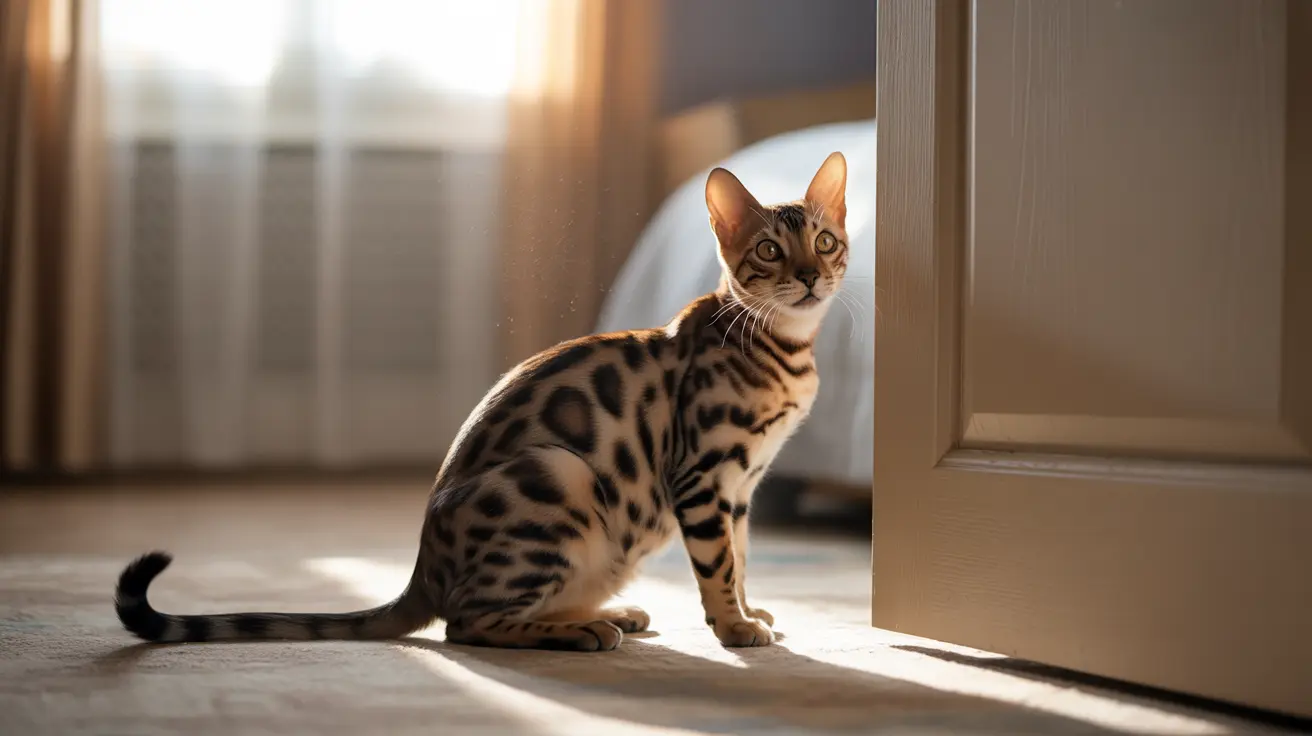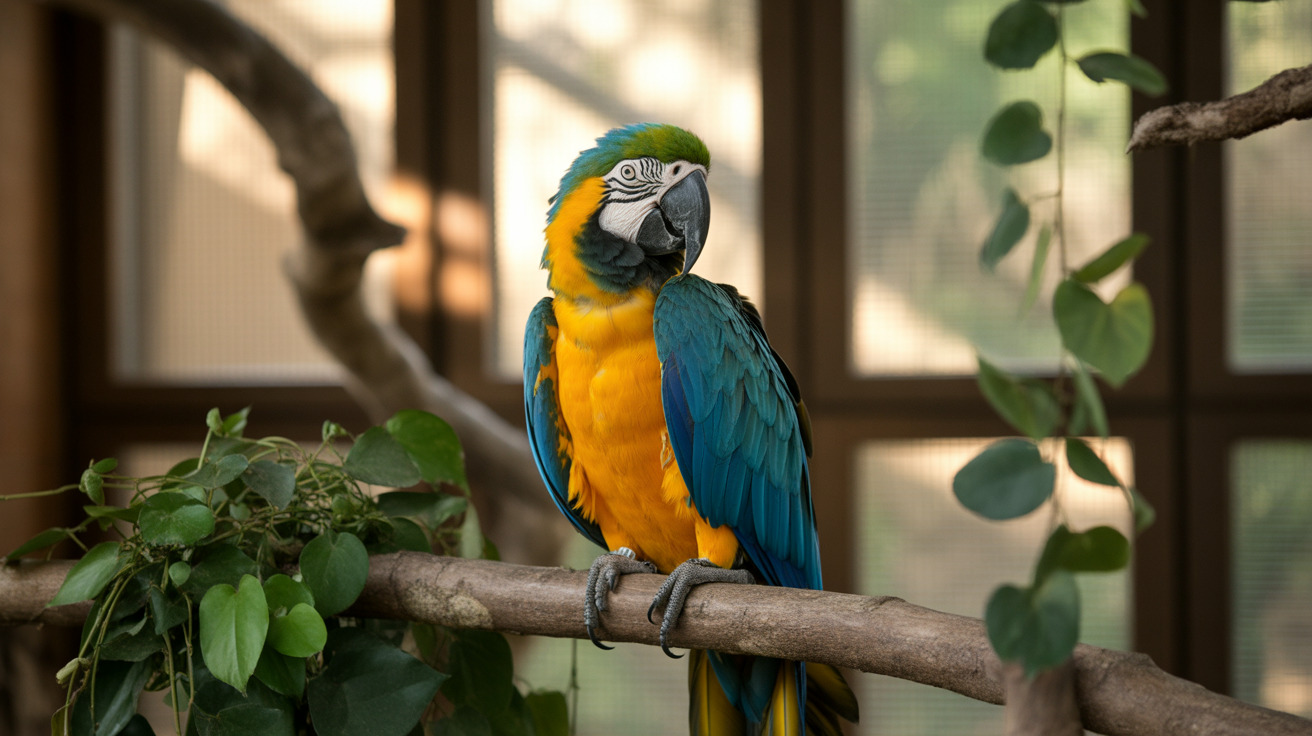If you're tired of being awakened by your cat's persistent meowing at your bedroom door each morning, you're not alone. This common feline behavior can disrupt your sleep and create frustration for both you and your pet. Understanding why cats engage in this behavior and implementing the right solutions can help restore peace to your mornings.
In this comprehensive guide, we'll explore the reasons behind early morning meowing and provide proven strategies to address this challenging behavior. Whether your cat is hungry, seeking attention, or following an established routine, there are effective ways to modify this habit while maintaining a loving relationship with your feline friend.
Understanding Why Cats Meow at Doors in the Morning
The Science Behind Early Morning Cat Behavior
Cats are crepuscular animals, meaning they're naturally most active during dawn and dusk. This biological programming often contributes to their early morning activity levels and vocalization patterns. Additionally, cats are creatures of habit who quickly learn which behaviors result in desired outcomes.
Common Triggers for Morning Meowing
Several factors can drive your cat to meow at your door in the morning:
- Hunger and meal anticipation
- Desire for attention or playtime
- Established feeding routines
- Boredom or excess energy
- Environmental changes or discomfort
- Medical issues requiring attention
Effective Solutions to Stop Morning Meowing
Adjust Your Cat's Feeding Schedule
One of the most effective ways to reduce morning meowing is to modify your cat's feeding routine. Consider investing in an automatic feeder that dispenses food at set times, helping your cat dissociate you from their morning meal. This can significantly reduce food-motivated meowing at your door.
Increase Evening Activity
Engaging your cat in vigorous play sessions before bedtime can help tire them out and promote better sleep through the night. Use interactive toys like wand toys or laser pointers to provide both mental and physical stimulation.
Create an Enriching Environment
Ensure your cat has plenty of environmental enrichment to keep them occupied when you're sleeping:
- Window perches for bird watching
- Puzzle toys and food-dispensing games
- Climbing trees and scratching posts
- Comfortable resting spots throughout the home
Implement Consistent Training
The key to stopping morning meowing is consistency in your response. Never reward the behavior by giving attention, even negative attention. This includes avoiding:
- Opening the door when they meow
- Talking to or scolding them
- Making eye contact or physical contact
- Getting up earlier to feed them
When to Seek Professional Help
If your cat's morning meowing is sudden or excessive, it's important to rule out medical causes. Schedule a veterinary check-up, especially if your cat is elderly or shows other behavioral changes. Some medical conditions that can cause increased vocalization include:
- Hyperthyroidism
- Cognitive dysfunction
- Pain or discomfort
- Kidney disease
Frequently Asked Questions
Why does my cat meow at the bedroom door every morning?
Cats typically meow at doors in the morning due to hunger, attention-seeking behavior, or established routines. Their natural crepuscular activity pattern also makes them more active at dawn.
How can I stop my cat from meowing at the door early in the morning without giving attention?
Consistently ignore the behavior while providing environmental enrichment, establishing regular feeding schedules, and ensuring adequate play during the day. Use an automatic feeder to manage meal times.
Will using an automatic feeder help reduce my cat's morning meowing at the door?
Yes, automatic feeders can be very effective in reducing morning meowing by breaking the association between you waking up and feeding time. Most cats adjust to the new routine within a few weeks.
What are effective ways to keep my cat entertained and tired to prevent early morning meowing?
Engage in interactive play sessions before bedtime, provide puzzle toys and climbing structures, and ensure access to window views. This mental and physical stimulation helps reduce nighttime restlessness.
When should I be concerned that my cat's meowing at the door is due to a medical issue?
Consult a veterinarian if the meowing is sudden, excessive, or accompanied by other behavioral changes. This is especially important for older cats or if the behavior doesn't improve with behavioral modifications.
By understanding your cat's motivations and implementing these strategies consistently, you can work toward quieter mornings and a better relationship with your feline companion. Remember that change takes time, and patience is key to success in modifying any pet behavior.






